As a rhapsody of sitar, violin, shehnai and tabla salutes the instruments at a concert, exponents offer a peek into their history and future
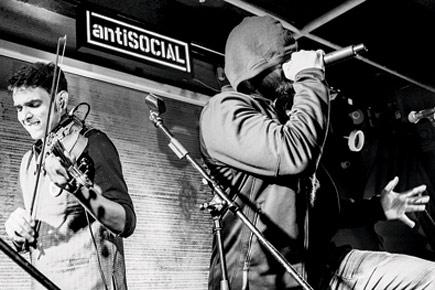
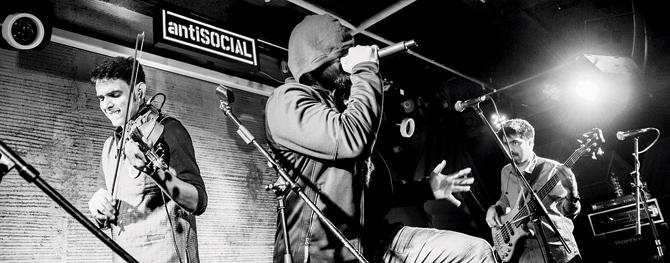
Ajay Jayanthi (extreme left), who plays Indianâu00c2u0080u00c2u0088Classical as well as contemporary music, in action with Anand Bhaskar Collective
Instruments used in Indian Classical music have an aura that transcends the genre. Even The Beatles couldn't resist their temptation to have a taste of its wealth. They loved the sitar. Kula Shaker, the English psychedelic Rock band, used the tabla and tanpura in their songs.
ADVERTISEMENT
Celebrating the multiplicity of these instruments, M Narmadha (violin), Shakir Khan (sitar), Hassan Haider Khan (shehnai) and Yogesh Samsi (tabla) are converging for the eighth edition of the concert, Saz-e-Bahar, this weekend. How did the instruments come to be and why are they unique to India? Hear it from the experts.
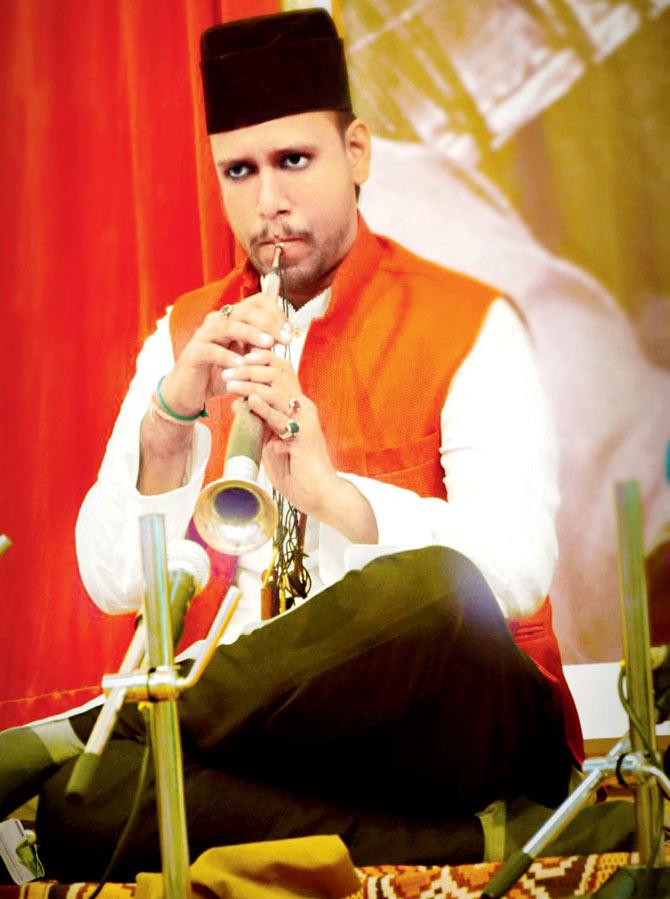
Hassan Haider Khan
Classical to MIDI
The violin first came into prominence in 16th-century Italy. It is said that the military bandsmen of the East India Company introduced the string instrument in India around 1790. Renowned Carnatic composer Muthuswami Dikshitar's brother, Baluswami, was one of the first students. He incorporated the lessons in Carnatic music, creating a niche for the violin in India.
Mumbai-based violinist Ajay Jayanthi believes the instrument is yet to reach that stage, digitally, where people can borrow its tone and hence, it is still popular.
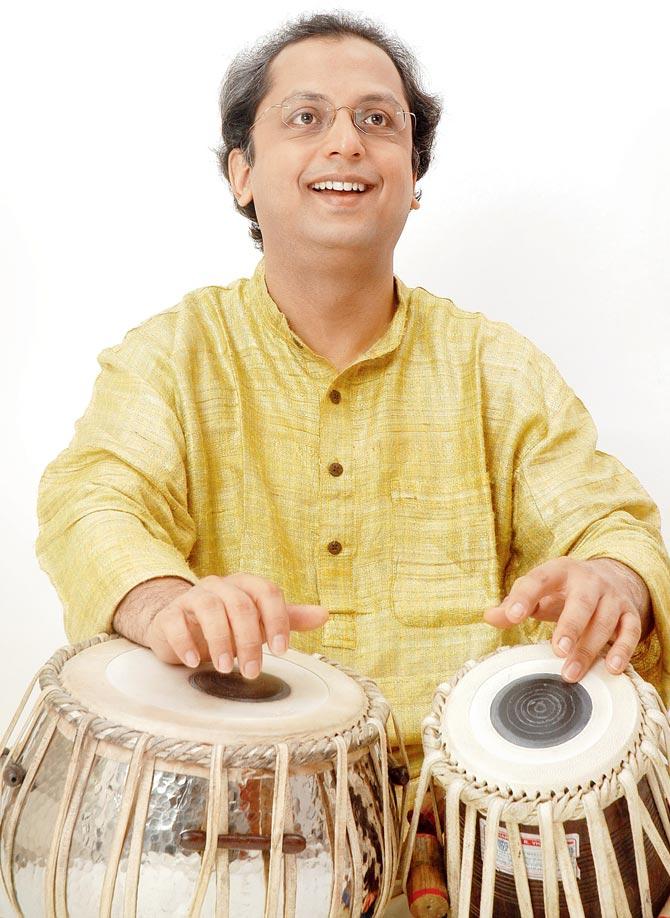
Yogesh Samsii
"Violin is a sound that can't be copied electronically. One can plug it into processors and create different tones but the core violin sound is impossible to imitate," says the 24-year-old who plays with Alt Rock bands Anand Bhaskar Collective and Paradigm Shift, apart from playing pure Indian Classical music. Both the groups have a classical flair to their sound.
"One of the recent developments is a MIDI (a digital interface) violin. You have a chip in the instrument that transmits the audio data into MIDI data. You can plug it into any software and create tones. If you are playing Indian Classical, you can actually substitute the tone of the violin with a shehnai," he adds.
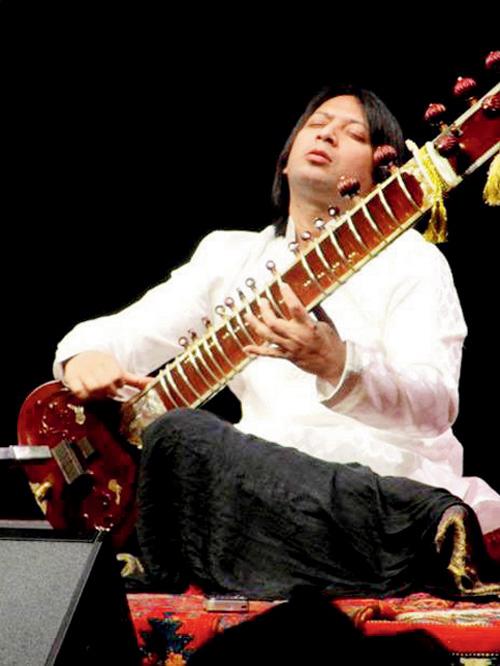
Shakir Khan
However, the tradition of learning a classical instrument is gradually fading. Jayanthi isn't content with beginners taking to western instruments. "They think it is cool. During our times, we were mostly introduced to music through parents; the instruments were the saarangi, shehnai, sitar or violin. Now, people are taking online lessons and picking up guitar and keys. But there has been an emergence of Fusion bands. I hope this keeps increasing and people are willing to learn Indian instruments," says Jayanthi.
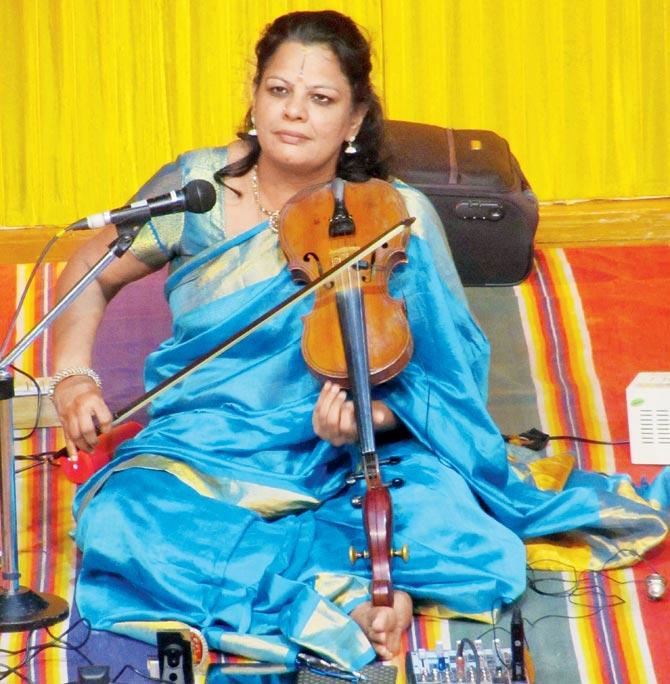
M Narmadha
Of notes and legacies
Shehnai, the tubular instrument, evolved from the pungi - a woodwind apparatus used by snake charmers. It carries a rich legacy through maestros Ustad Bismillah Khan and Ustad Ali Ahmed Hussain Khan. Speaking about the esteem of the instrument even today, Hassan Haider Khan, the latter's son says, "There are some ragas that sound most soulful on a shehnai. My favourites are Raag Bhairavi, Raag Maarva and Raag Anandi Kalyan."
Hassan's father was a strict disciplinarian. "I used to get beaten up often for making mistakes. I am glad he insisted that I take my lessons seriously. Pandit Arvind Parekh also taught me, with love and enthusiasm," he says, adding, "In 1994, I performed with my father on television. Ustad Bismillah Khan watched the show and appreciated my hard work and advised his grandsons to take shehnai lessons seriously. It was a blessing for me."
 Subscribe today by clicking the link and stay updated with the latest news!" Click here!
Subscribe today by clicking the link and stay updated with the latest news!" Click here!







